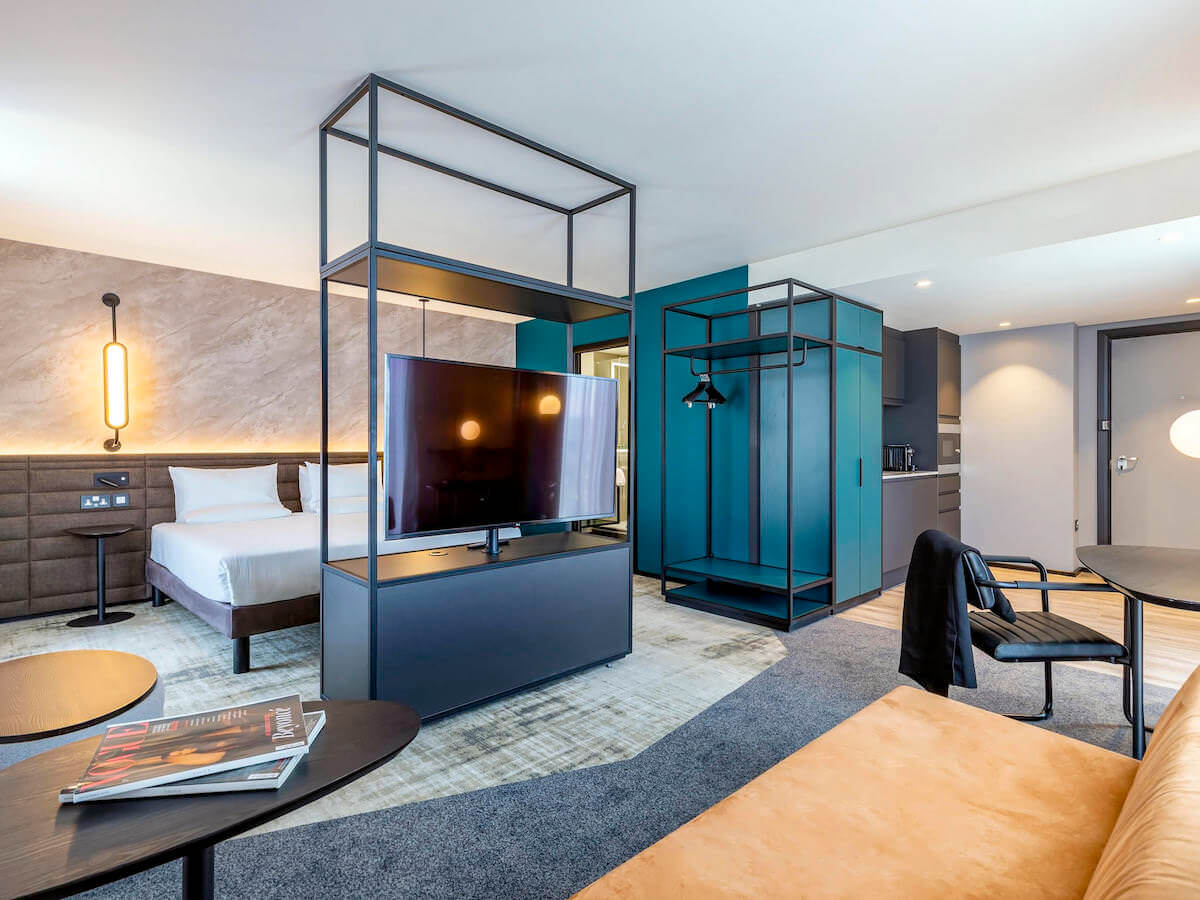
We are seeing huge changes taking place in the hotel and hospitality industry. Speaking to our engineers who work in and around them across the Liverpool region every day, they tell us that the pace and scale of change is faster than any of them have seen before, in our 60 year history.
So what are the key changes?
There are three main areas they are seeing the biggest changes:
1. The change in room design in the fight back against AirBnB and VRBO
2. Global Consistency vs Pop-up idiosyncrasy.
3. Decarbonisation in action everywhere
We will look at each in turn.
The growth of alternative accommodation providers such as AirBnB and VRBO has offered real alternatives to conventional hotels, for perhaps the first time. For what is often a similar cost per night on a 2+ night stay, you can find yourself an entire apartment. This has tended to bring you extra space, with a lounge or work area, kitchen facilities and more consistent internet connectivity. TV’s were often better too with smart services and access to Netflix, Prime and phone/tablet casting as well.
But we are seeing many of these beginning to appear in the new breed of hotels coming through.
The new Novotel Liverpool in Paddington Village has 39 studio apartments as well as 182 bedrooms, which in their own words, are ‘perfect for a longer stay’. The rooms have coffee pod machines, 55″ Smart TV’s and a dedicated desk area. The studios add a fully furnished kitchenette, equipped with Combi Microwave Oven and Fridge Freezer, as well as kitchen utensils, plates, mugs and cutlery.

When you work with the likes of Hilton, Ramada and Radisson Blu, one thing that becomes apparent very quickly, is the consistency they offer worldwide. Whether in Liverpool or Jakarta, you can pretty much get the same pillow and mattress in both. Room layout will be similar and decor, whilst it may be lightly tweaked for individual markets, will also be very similar in both.
The reverse of this global consistency is also happening, with some incredible one off designed boutique style hotels. These cater more for the weekend break, romantic getaway and wedding markets than the world weary business traveller. Each has been created to stand out, look and feel different, luxurious and offer something unique.
In Liverpool, the Titanic Hotel, created within the North Warehouse at Stanley Docks has exposed brick and iron work and despite its luxury finish, retains many of the building’s original features.
Similarly, the Lock and Key Boutique Hotel on Duke Street is cool and stylish and in the heart of what’s happening in the city. Malmaison in Princes Dock is another dock building conversion that’s been done beautifully and individually. The Oxford Prison converted by Malmaison to become another stylish hotel shows that whilst they offer some chain hotel consistency of service, they create unique places to stay, based on the history of the building and the site on which it sits.
Signature Living have created party hotels that could only really be in Liverpool. Incredible one off decor and an atmosphere designed for stag and hen groups.
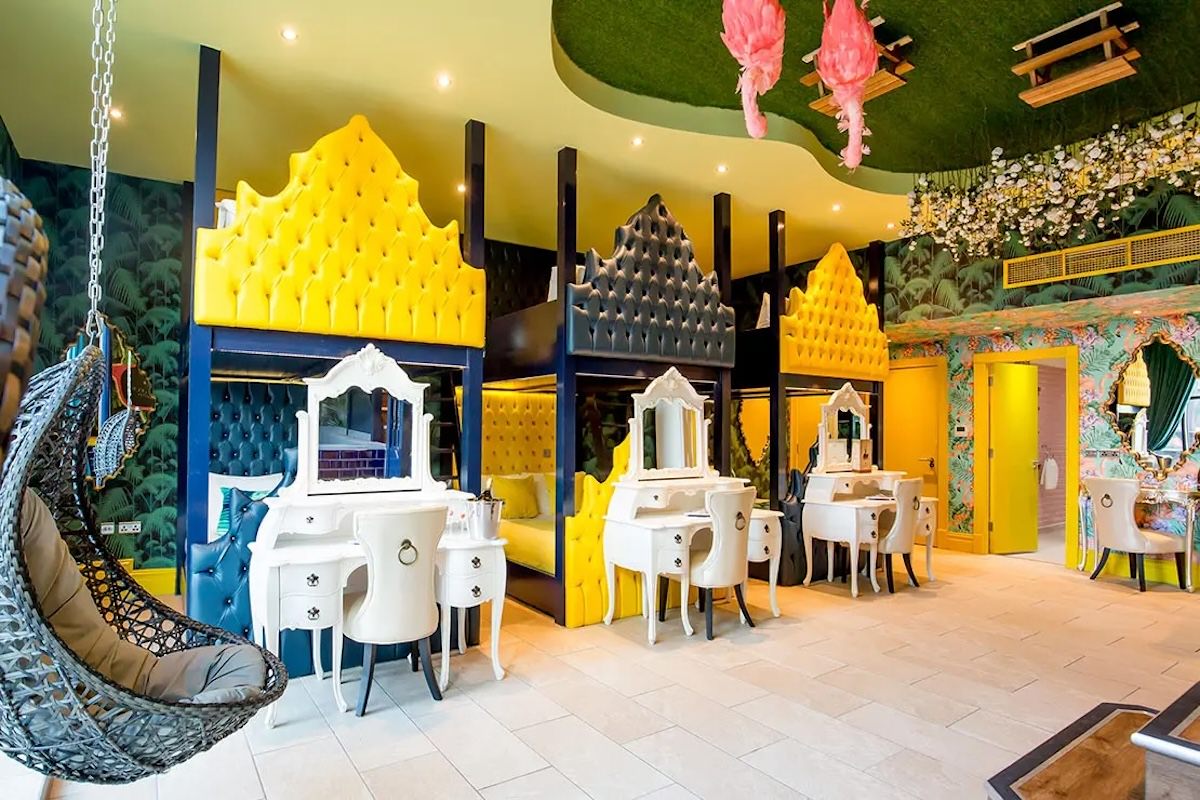
We’ve saved the biggest area of change until last, as we are seeing evidence of this in every site we work in and in every area of the hotel itself. There are some big areas where major changes are happening.
In the piece we wrote some years ago about the history of air conditioning, it was noted that before air conditioning, buildings were designed with higher ceilings and external passageways between buildings to allow airflow. They often used natural landscaping to create shadows and harnessed the benefits of the stack effect throughout their designs, to naturally ventilate them, so that buildings would stay cool.
With the rise of air conditioning, buildings were almost hermetically sealed and much of this design and architectural expertise was abandoned. But, it’s coming back. We are seeing more of these features designed into the newer buildings to make use of the passive heating from the sun, cooling from the shade and natural lighting for common spaces.
One of the biggest issues our engineers address – particularly when we start working with them – is adjusting wrongly set controls on a BMS. Particularly when it comes to CO2 monitoring.
With one new FM client, one of our engineers noticed that in their large performance space, the settings on the BMS for the CO2 level was set completely wrong. If there was a tiny, almost imperceptible rise in CO2, the external vents would open, and cold, clean fresh air would flood into the space.
In practical terms, what this meant was that the heating system was always having to heat the cold fresh air, or on hot days, cool the hot air. This was running riot with their bills and their carbon output. With a simple tweak to the settings, the change was made and operating efficiency was drastically improved.
This was probably a setting left over from the post COVID era that had been forgotten, but it would have been increasing energy bills by huge amounts if left unchanged.
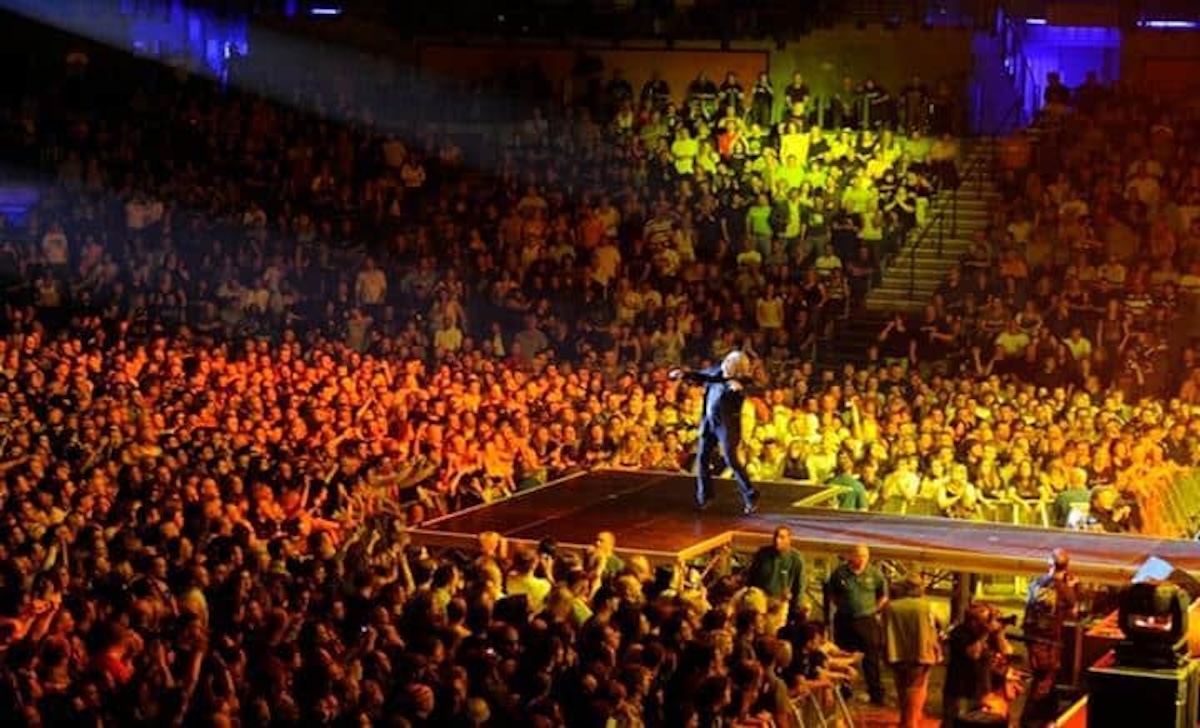
The upgrade of fluorescent or incandescent lighting to LED will save both cash and carbon. With access to lighting in some hotel foyers and common areas often being difficult, there are some who may not have made the required changes yet. But they do need to.
Savings from LED can be as much as 80+% in terms of ongoing running costs and the life of the ‘bulbs’ can be much longer too. We have more detail on our piece here, but if you haven’t changed yet, you need to do this asap.
A single 100 watt bulb left on for 24 hours will obviously use 2.4kw of energy (around £1 per day at current standard business tariffs). Multiply this by thousands of bulbs around the building on for 365 days per year and you can see how costs can run away with themselves very quickly.
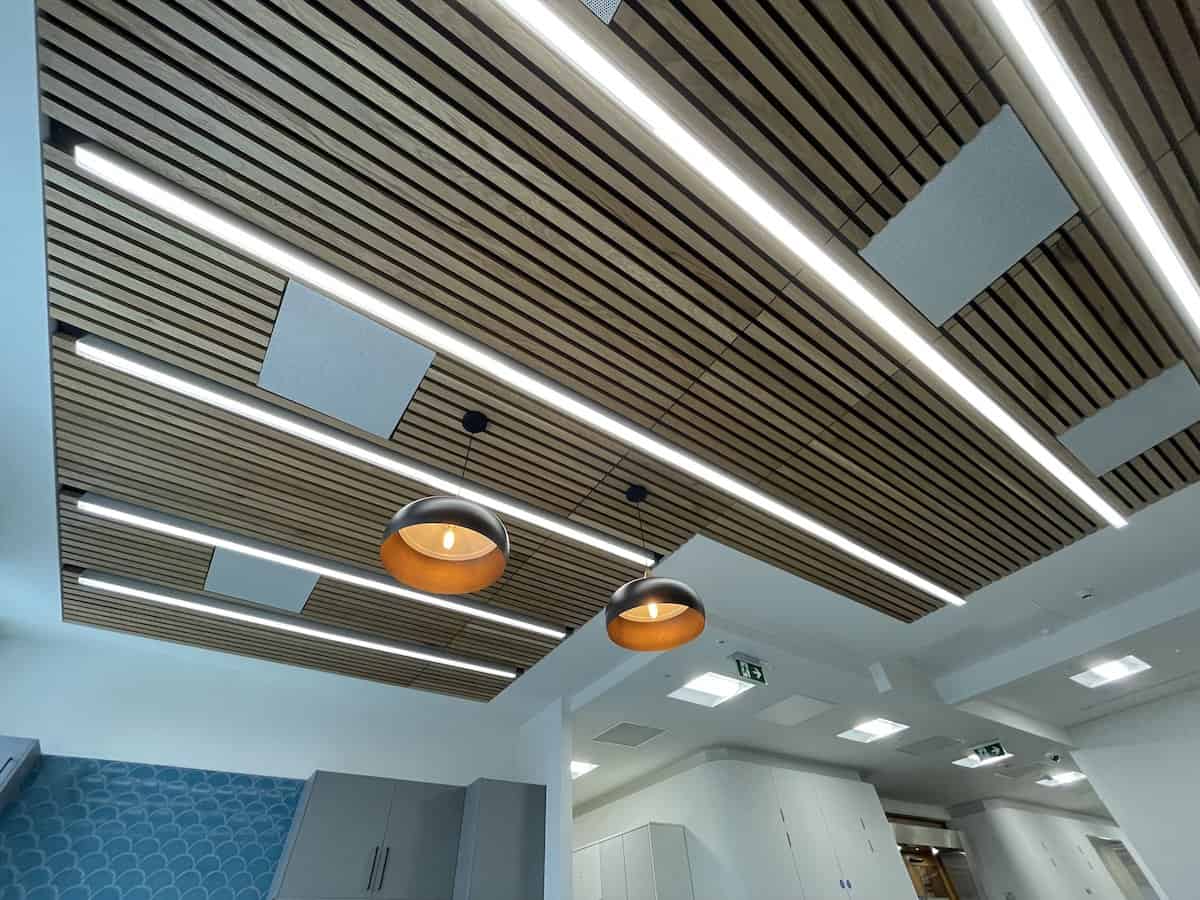
This is another technology that went out of fashion as Economy Seven and night storage heaters fell out of favour, but is back in fashion in a big way. With the reintroduction of overnight discounted electricity tariffs, it is now often much cheaper to heat water and hold it in hot water storage cylinders than heating it on demand with gas. These cylinders have very low heat loss, even over quite prolonged periods.
Often with hotels, the hot water demand is very heavily biased towards early morning for showers, so gas boiler systems need to be overspecced, just to meet this short term daily demand. Hot water cylinders act as a buffer for this short period of high demand.
What this means for our teams, is more use of electric water heaters and newly installed gas boiler arrays becoming slightly smaller in capacity.
When they are combined with the following, they can become even more sensible a decarbonisation and cost saving decision too.
We are fitting more and more roof top ‘plant rooms’ with heat pumps. These are being used as a direct replacement for boilers, where appropriate, to heat rooms, common spaces and hot water.
There are some of the buildings where the challenge maybe greater due to existing pipework and access issues, but there are very few projects where a system overhaul is being discussed and heat pumps in some form don’t make up part of the system.
Many older hotels (and schools) have plant rooms that have asbestos in them which was used to insulate for heat or noise. Our teams are very well trained in identifying asbestos risks and can call on expert help where required.
With our PPM clients, this will always be highlighted at the start, when we carry out an initial plant audit to log and grade the condition of all plant and machinery on site.
The solution can be found in packaged plant rooms, which are one of our fastest growing areas of work. These are built and fully fitted out before they get to site and then can be lifted in and connected in as little as one day, to minimise disruption. The required pipe work can be completed on site beforehand, ready for the new system to ‘plug in’.
If it does have to take longer due to access or working restrictions, we will often use temporary boilers in the interim to ensure little or no disruption to service for guests.
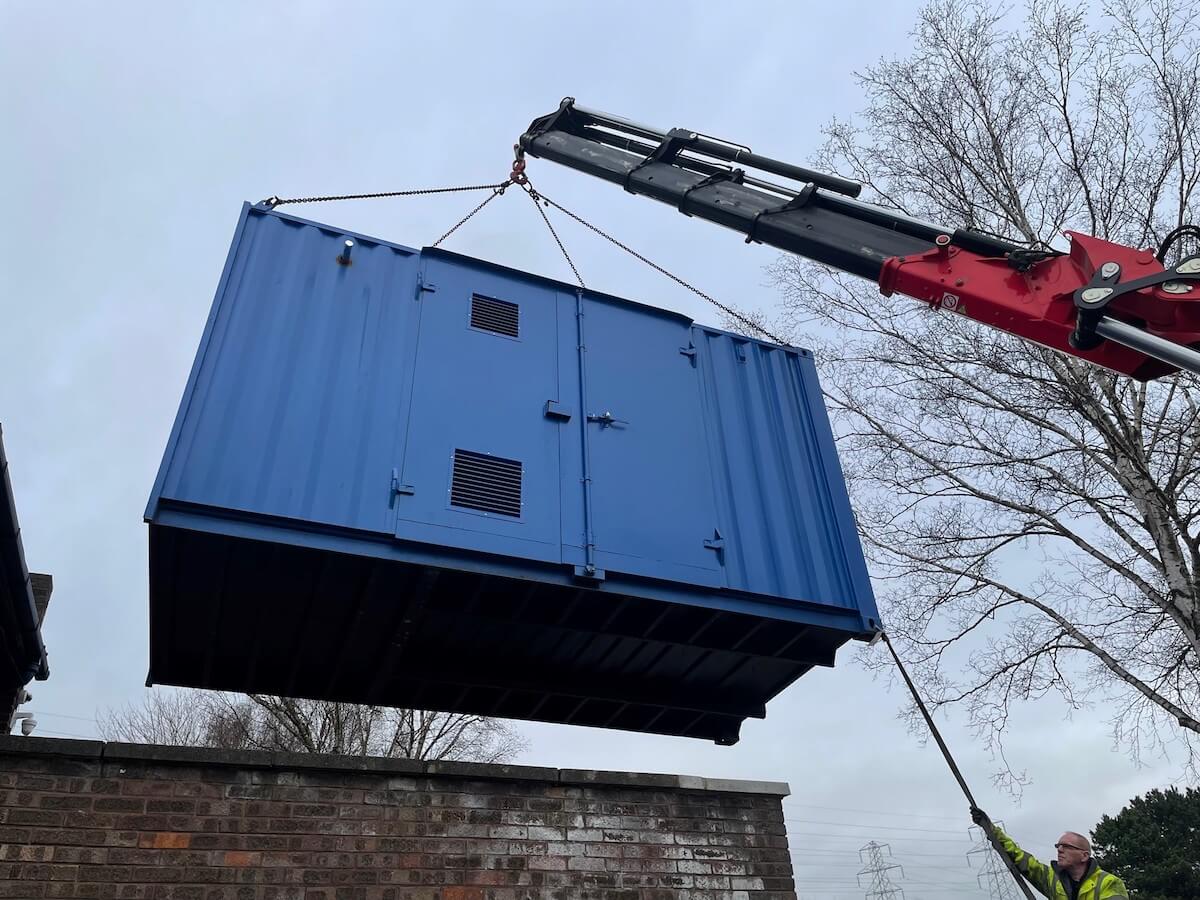
This is not as widespread in hotels and hospitality as it is in other sectors, mainly due to building design. Existing hotels are often taller buildings with relatively small footprints. With some of the roof space occupied by plant and machinery, it can leave little space for a reasonable sized solar array.
It’s different for out of town, lower rise buildings and many of these have already taken the step to add Solar PV to their decarbonisation planning. With payback as fast as three years for solar PV, if it’s possible to add, hotels are generally taking the step quite quickly. We have seen this throughout the region.
Lighting and heating a transit space when no-one is in it, is a waste of resources and money for hoteliers. Why light corridors overnight when guests are asleep?
We are increasingly installing smart systems and PIR’s that turn off the lights and heating during certain periods, or when there is no movement. If they are off by default in corridors for example, in any given 24 hour day, they may only be lit for a few hours – saving 22 hours worth of energy.
If you look at the city skyline at night, it is very apparent that very few are applying this technology yet, but with the savings on offer, they absolutely should be.
For hoteliers with traditional air conditioning systems in each bedroom, the EN378 directive is going to change the way they have to work.
What it means is that in a system where even small amounts of refrigerant exist within the hotel room, leak detection must be added. The reason for this is that if there is a leak and the refrigerant is released into the room, there is a critical risk to the customer.
Leak detection is a legal requirement. This makes sense, but in installation terms could add a minimum of £20,000 to the capital outlay for the average 100 bedroom hotel. It also brings the additional cost of maintenance of every unit to continue to comply with regulations.
The answer is an HVRF system (Hybrid Variable Flow System) where the system is water based on the consumer side (ie in the bedrooms themselves), so no need for leak detection under EN378.
The other major benefit is that with a water based system, it is possible to add to the system using a modular approach. And it has much smaller bore pipework as well, so is easier to install.
There’s no need for a full decommission of the entire system or floor, just a valve to shut off the part of the consumer side system that isn’t yet operable. This means we can install the system, almost on a room by room basis, whilst leaving the old system in place. This makes it ideal for ongoing refurbishment work as business interruption is minimal.
This hasn’t been as high profile as the decarbonisation of heating, hot water and lighting, but water is still a precious resource. As such, we are seeing lots of steps to both minimise water consumption and increasing efforts made to capture and use rainwater within hotels.
There’s probably not a hotel in the land that doesn’t ask you to reuse your towels if you are staying for a few days. The idea is of course to save water by washing less. It’s a great idea and one that works for hoteliers.
Rainwater recovery, collection and storage is less common however, but growing in popularity – particularly for those with outdoor green spaces (again increasingly common). If these green spaces can be irrigated from recovered water, the demand on fresh water supplies will also be potentially greatly reduced.
Less common however is using recovered water for toilet and urinal flushing. It’s challenging to retrofit into most buildings – particularly high rise ones but can offer significant long term savings in water consumption if done correctly.
With new build in particular, there is a distinct move towards fully electric hotels. It’s already very common in the BTR and PBSA markets, so is a logical step for hoteliers too.
With well insulated new buildings, gas heating and hot water is not required, as heat pumps and hot water heaters can cope with those daily demands all year round. It may be some time before professional kitchens switch away from gas too, but the days of all electric hotels are upon us and we’re here for it.
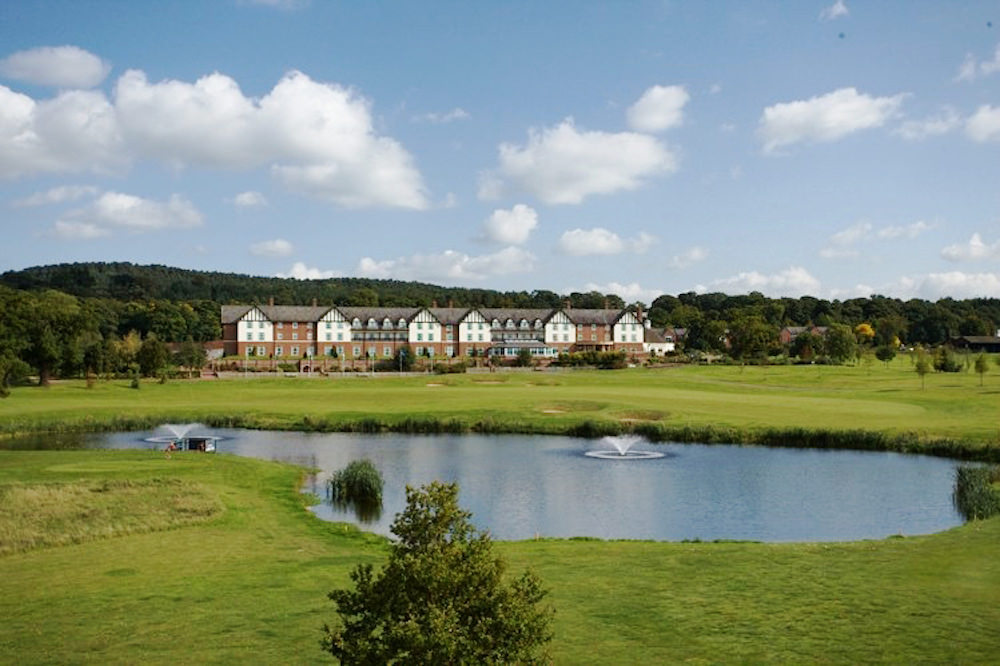
The hotel industry has undergone huge changes and continues to evolve. We have watched its evolution with great interest and supported many hotels in the changes they have undertaken.
For such a simple business model of providing a bed for people to stay overnight, the variation of offers and approaches is incredible. Even within Liverpool there are providers at every level and in every niche of the hotel market.
For all of this, the technology and solutions we install and maintain are normally invisible to the guests. The day they notice them is when they are too hot, too cold or complaining at the front desk about no hot water for their shower.
85% of our team are based in and around the Liverpool City Region, so in the unlikely event of a failure, we can normally be on site, rectifying the problem in as little as an hour for our PPM clients. Two max.
The way we approach working with any new client however, should absolutely minimise breakdowns, as we always audit and assess the condition and predicted life span of all plant, even before we begin work.
We inspect every piece of plant, log its condition and put an estimate on its optimal life. It’s not a short term way to win immediate work, but it’s a long term way to build trust and ensure consistent service for hotels and their guests.
If you’re considering any water, mechanical or electrical work in a hotel or hospitality venue in the North West, then please do get in touch. The Kimpton team are expert in hotels, hospitality and performance spaces and can give you genuine advice on your route to decarbonisation.
Please call us on 0151 343 1963, drop us an email on website@kimpton.co.uk or complete the form below.
If you would like to discuss any of our services, please call 0151 343 1963 or complete the form below and we will be in touch shortly.